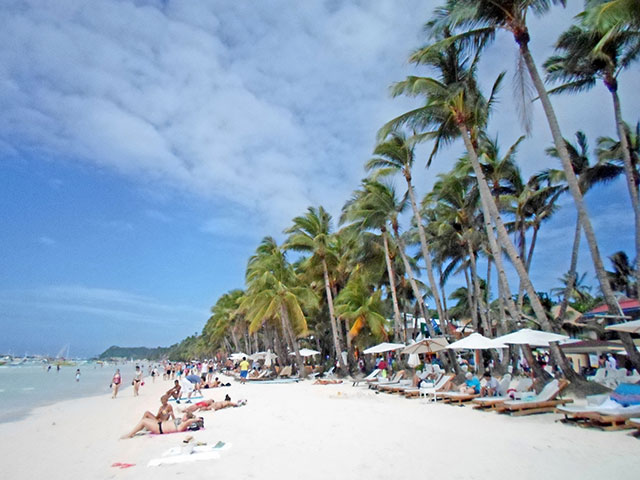Headline
Boracay corals damaged by 70 percent, says study
According to the Japanese International Cooperation Agency (Jica), the coral reef ecosystem in Boracay beaches has been steadily degrading over the past twenty years.
From 1988 to 2011, the coral cover in the island has declined by 70.5 percent. And when tourism arrivals went up by 38.4 percent from 2008 to 2011, the study was able to record the highest decrease.
The researchers blamed the damage to the overwhelming tourism-related activities such as unmonitored snorkeling and diving within the area.
“We hope that LGUs (local government units) and policy makers will be able to use scientific and technological knowledge to address critical environment issues affecting the study’s pilot sites,” Jica senior representative Takahiro Morita said.
“Tourism is an important economic driver in the Philippines.
By protecting marine resources, we are also helping sustain the tourism industry, and jobs creation in the country,” Morita added.
Aside from the damaged corals, the water-quality level in the eastern part of Boracay has also been alarming, making it ‘unsafe’ for swimming and other related activities. The discharge of untreated waste water near the shore contributed to the continuous damage of corals.
University of the Philippines (UP) scientist Ariel Blanco, who contributed to the study, urged government officials to take immediate action on the matter before it worsens. He believed that the island’s rich ecosystem should not be neglected for economic attainments.
“It’s very crucial that the sustainability of Boracay’s environment will not be exchanged for short-term economic gains… We hope to continue working with planners and policy makers in the island through knowledge sharing that will help conserve the coastal environment,” Blanko said.
Even Boracay’s white shoreline has been deteriorating as the corals used to protect the beach from soil erosion by lessening the impact of strong waves.
“Jica shares the collective vision of stakeholders in Boracay to promote a more sustainable tourism development in the island,” Morita said, adding that the organization aimed to address global issues through international research.
In the past decade, Boracay has been considered as a world-famous tourist destination. The island’s ecosystem, however, has been threatened by the continuous commercial development.






















